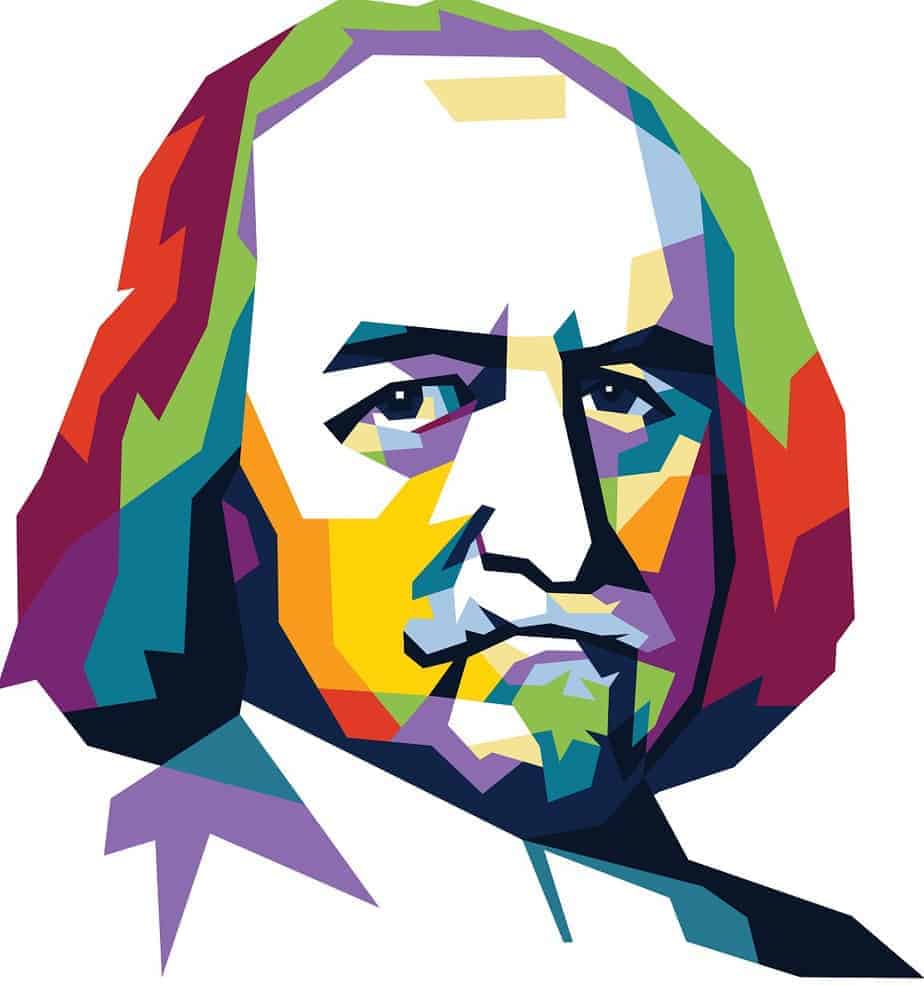Exploring Classical Realism: Unraveling the Complexities of International Politics
In the intricate landscape of international relations, theories abound to shed light on the behavior of states and the intricate web of interactions that shape our world. One such theory that has stood the test of time is classical realism, a school of thought that delves into the core of human nature and its insatiable hunger for power. By examining the essence of classical realism, we can gain a deeper understanding of the dynamics that drive nations and the underlying principles that guide their actions.
The Crux of Classical Realism
According to the insights of Colin Elman, classical realism operates on a fundamental assumption: the unquenchable thirst for power stems from the intrinsic flaws of humanity. This innate drive propels states into a ceaseless struggle to augment their capabilities and influence. The absence of a global governing entity akin to a state's internal government, as described by Elman, creates an environment where human desires are unchained, resulting in a pursuit of power.
The concept of "flawed nature," derived from the seminal works of philosopher Thomas Hobbes, forms the bedrock of this theory. Hobbes' assertion that "human beings by nature are brutish and egoistic" underscores the tendency of individuals to prioritize self-interest above all else. This self-centered disposition is a driving force in international relations, shaping the actions and motives of states.
To delve further into this notion of "flawed nature," we can examine the four universal conditions articulated by Hobbes:
- Equality of Power: No individual holds insurmountable superiority in strength or intellect, making everyone susceptible to defeat.
- Equality of Need: All individuals share fundamental needs such as sustenance, water, and shelter.
- Scarcity: The world's resources are limited, fostering competition for their acquisition.
- Limited Altruism: While some exhibit altruism, the predominant focus remains on self-interest.
 | |
| Picture of Thomas Hobbes from everydaypower.com |
When these conditions intersect, they create a landscape in which each state believes it can attain its desires. The convergence of shared needs and limited resources, combined with self-interest, engenders competition among states, often leading to conflicts in the quest for resources.
Role of the State and Power Politics
In response to the inherent conflicts that arise from these conditions, states form a social contract, ceding certain rights to a central governing body—the government. This hierarchical structure establishes a system where the rule of law prevails, ensuring that no entity stands above the law.
Furthermore, as highlighted by Elman, leaders or political systems that empower narrow interest groups to pursue expansionist foreign policies can be incendiary triggers for wars. This underscores the realist ideology that perceives power as a linchpin in the fabric of international relations.
Elements of National Power
Building upon classical realism, political theorists like Hans Morgenthau delve into the concept of national power and its influence on foreign policies. Morgenthau's nine elements of national power, encompassing geography, natural resources, industrial capacity, military readiness, population, national character, morale, quality of diplomacy, and government, elucidate the multifaceted factors that contribute to a state's strength and global impact.
For instance, the strategic placement of installations like the proposed naval base on Manus Island by Australia and the US reveals a geopolitical maneuver aimed at countering China's expanding influence in the Pacific region.
The Evolution: Neorealism
While classical realism has enriched our understanding of power dynamics, neorealism has emerged to offer a more scientific and objective perspective. Spearheaded by scholars like Kenneth Waltz, neorealism shifts the focus from internal state factors to the international system's structure. Unlike classical realism's emphasis on power, neorealism posits that states primarily seek security, shaping their actions within the global framework.
This viewpoint introduces the notion of power distribution as the core determinant of state behavior. Contrary to classical realism, which highlights internal power elements, neorealism underscores how states navigate the anarchic international system based on their perception of security.
Concluding Thoughts
In the intricate tapestry of international relations, classical realism emerges as a pivotal theory, offering profound insights into the relentless pursuit of power catalyzed by the flawed nature of humanity. This theory, when harmonized with neorealism's emphasis on security and systemic dynamics, equips us with tools to decipher the enigma of global politics. As we navigate the ever-evolving landscape of international relations, these theories provide us with lenses to fathom the motivations and maneuvers of nations on the global stage.
Comments
Post a Comment